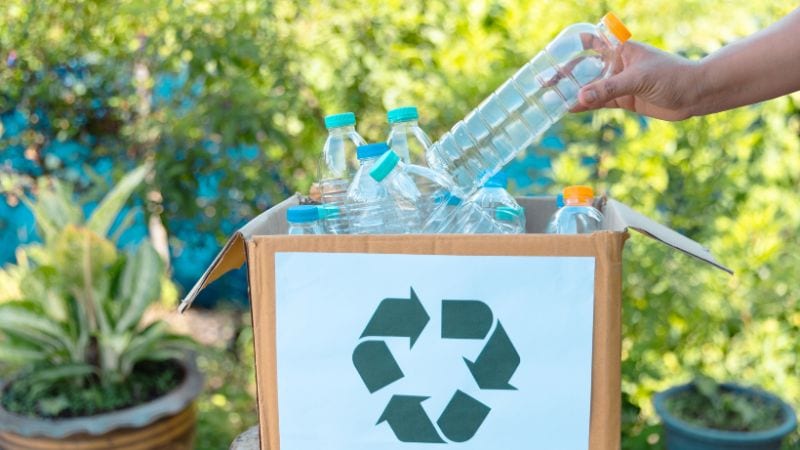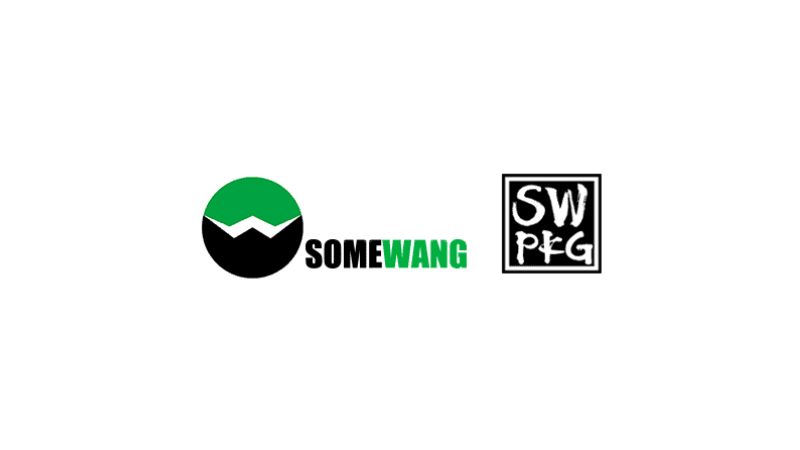
Plastic pollution has emerged as one of the most pressing environmental challenges of our time. The sheer volume of plastic waste generated globally is staggering, with millions of tons ending up in oceans, landfills, and natural habitats each year.
However, the good news is that small changes in our daily habits can lead to significant reductions in plastic waste.
How to Reduce Plastic Use in Daily Life

Reducing plastic use doesn’t require a complete lifestyle overhaul; rather, it can be achieved through simple swaps in our daily routines.
For example, replacing plastic water bottles with reusable stainless steel or glass containers not only cuts down on plastic waste but also promotes healthier hydration habits.
Similarly, opting for cloth bags instead of plastic ones when shopping can significantly reduce the number of plastic bags that end up in landfills.
Another effective ways is to choose bar soap over liquid soap packaged in plastic bottles. Bar soap typically comes with minimal packaging and is often made from natural ingredients, making it a more eco-friendly choice.
Additionally, using beeswax wraps instead of plastic wrap for food storage can help minimize plastic use in the kitchen.
Eco-Friendly Alternatives in Daily Life
The market for eco-friendly alternatives has expanded dramatically in recent years, providing consumers with a plethora of options to reduce their reliance on plastic.
Biodegradable products, such as compostable utensils and plates made from plant materials, offer practical solutions for events and gatherings without contributing to long-term waste. Furthermore, many companies are now producing packaging made from recycled materials or innovative substances that break down more easily in the environment.
In addition to biodegradable products, there are also numerous sustainable brands that focus on creating items designed to last.
For instance, companies that produce reusable silicone bags or stainless steel straws provide durable alternatives to single-use plastics. By choosing these eco-friendly options, consumers not only reduce their plastic footprint but also support businesses that prioritize sustainability and environmental responsibility.
Practical Tips for Reducing Single-Use Plastics
| Tip | Impact |
|---|---|
| Use reusable water bottles | Reduces plastic bottle waste |
| Bring your own shopping bags | Reduces plastic bag usage |
| Avoid single-use plastic straws | Reduces plastic straw pollution |
| Choose products with minimal packaging | Reduces overall plastic waste |
To effectively reduce single-use plastics in our lives, it is essential to implement practical strategies that can be easily integrated into our routines. One effective approach is to carry a reusable shopping bag at all times. By keeping a foldable bag in your purse or car, you can avoid the temptation of accepting plastic bags at stores.
Additionally, bringing your own containers for takeout meals can significantly cut down on the use of disposable plastic containers. Another practical tip is to be mindful of personal care products. Many cosmetics and toiletries come packaged in plastic; however, there are now numerous brands offering products in glass or aluminum containers.
Minimize Plastic Pollution in the Community

Individual actions are crucial, but systemic change is needed to tackle the scale of the problem.
You can share your journey with friends, family, and neighbors. Explain why you’re avoiding plastic, not just what you’re doing.
Or organize a clothing, book, or toy swap. This promotes reuse and keeps items out of landfills, often packaged in plastic for disposal.
Patronize restaurants, cafes, and stores that actively reduce plastic is also a way to reduce plastic pollution.
Advocate for local ordinances that ban plastic bags, styrofoam, or other single-use plastics. Support Extended Producer Responsibility (EPR) laws that make producers responsible for the waste they create.
How Businesses Can Minimize Plastic Pollution
For businesses, addressing plastic pollution is no longer just a matter of corporate social responsibility (CSR); it is a critical business imperative that affects brand reputation, regulatory compliance, operational efficiency, and long-term viability.
Actually, the most significant impact a business can have is at the design stage, moving from a linear (“take-make-waste”) to a circular model.
Conduct a packaging audit to remove superfluous layers, plastic films, and single-use components. Embrace minimalist, “naked” packaging where possible.
Develop reusable packaging systems is also important. Ensure all plastic packaging is made from mono-materials (e.g., clear PET or HDPE) that are widely accepted by recycling facilities. Avoid complex composites, dark-colored plastics, and PVC that contaminate recycling streams. Furthermore, use Post-Consumer Recycled (PCR) plastic to create demand for recycled materials.
Somewang’s principle is embedded in the entire lifecycle of our packaging—from sourcing and manufacturing to transportation and end-of-life recycling. We prioritize materials that are healthy, safe, and beneficial for both individuals and communities.
By optimizing the use of renewable and recycled sources, employing clean production technologies, and designing for recovery in biological and industrial closed-loop cycles, we ensure that our products meet the highest standards of performance and cost-efficiency without compromising the planet.
We offer a clear pathway to sustainability with our simplified classification of Good, Better, and Best packaging options, including:
- Aluminum Packaging: Highly efficient, infinitely recyclable, and lightweight.
- Refill Packaging: Reduces waste through durable, reusable systems for various product types.
- PCR Packaging: Incorporates post-consumer recycled materials across a wide range of packaging forms.
- Degradable Packaging: Innovates with materials designed to break down efficiently across diverse environments.

At Somewang, we believe that reducing packaging waste is the most effective route to a sustainable future. We are proud to partner with brands ready to make a positive environmental impact and invite you to join us in building a greener, cleaner world.
Check List of What We Can Do to Reduce Pollution
Checklist for Businesses:
- Switch to recycled materials (e.g., PCR plastics, aluminum, glass).
- Design reusable/refillable packaging systems.
- Eliminate single-use plastics in operations.
- Create closed-loop recycling programs.
- Adopt rapidly degradable materials where recycling isn’t feasible.
- Reduce resource waste through lean manufacturing.
- Educate employees and suppliers on pollution prevention.
- Track and report environmental impact transparently.
Checklist for Individuals:
- Carry reusable bags, bottles, and cups daily.
- Choose products in sustainable packaging (glass/aluminum/PCR).
- Reduce food waste and compost scraps.
- Use refill stations for detergents and groceries.
- Recycle correctly (rinse containers, follow local rules).
- Avoid toxic chemicals; use eco-friendly cleaners.
- Educate others on pollution reduction.
